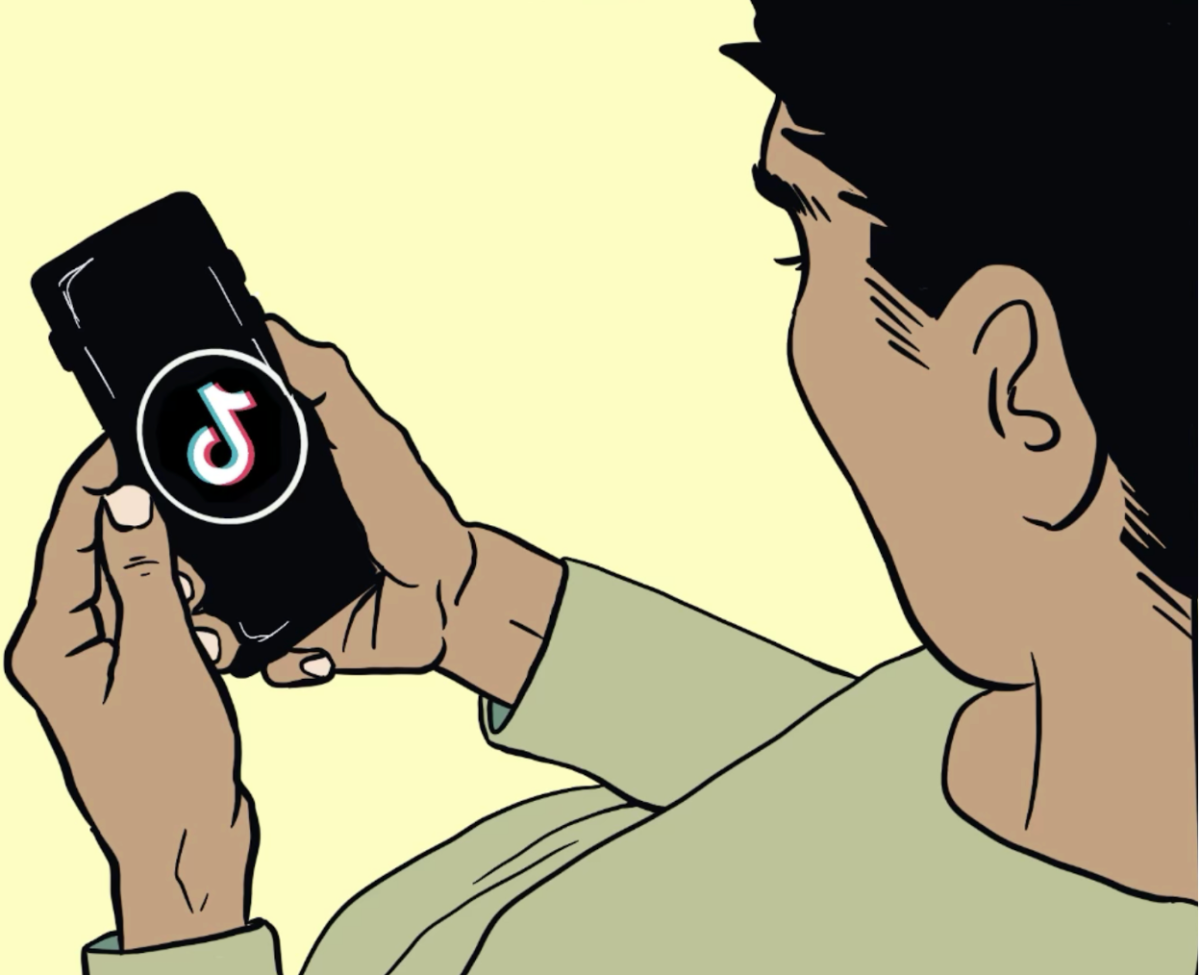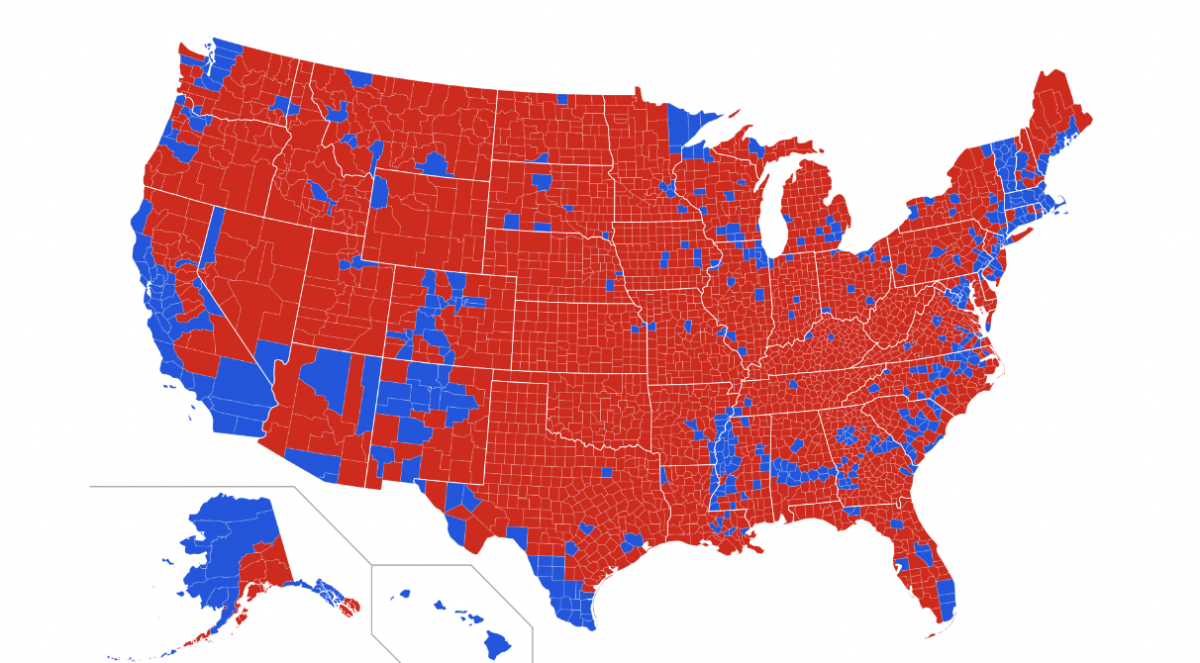Jovel Queirolo
Managing Editor
The pews smell like stale floral perfume and a hardware store every Sunday. A sleepy warbling organ and a only a few enthusiastic voices back up a whining cantor singing “A-lle-lu-i-ah” as Father Mark takes his time settling the Gospel on its stand.
Parishioners stand, but by the end of “A reading from the Gospel as recorded by” both a boy in baggy jeans and his grandpa stare at their toes. When Father Mark’s monotone voice fades, the sound of bodies collapsing onto pews echoes. Four words crash the usual Sunday morning routine.
“Organized religion is countercultural.”
That got our attention. On any given Sunday morning at Mass, I feel light-years away from the Ray-Ban clad hipsters enjoying their strong coffee and pastries at city cafes. But Father Mark was right.
“Today’s youth are so interested in this counterculture,” he said. “They want to fight or rebel and go against the flow. But if anything, organized religion is the biggest threat to the ‘flow’ nowadays.”
Counterculture in American society brings to mind hippies of the ’60s, protestors and modernist philosophers and authors all for bashing religion’s idealism
and its followers. In the last century, counterculture consisted of that small majority of individuals, critical of what they saw as abusively conservative societal systems. The majority grew. And “rebel” teens continue to embrace remnants of the movement.
American culture, its markets and its people, have grown secular and increasingly liberal at large — leaving organized religion under scrutiny among younger generations. They seem to worship once-inappropriate breed of musicians and music that grew popular in the decades of counterculture.
Before teens consider themselves “different” or “rebellious” in criticizing religion’s uselessness, they should realize they have fallen into the majority. What used to be countercultural — the anarchy, the loud music, calling religion brainwash — is now more common than conservatism and religious faith.
Although organized religion isn’t going to disappear, American teens have been misled. They aren’t fighting an ultra-conservative religious right for the sake of counterculture anymore. When it comes to teen interest, organized religion is hanging for dear life.
Organized religion lives on, and probably isn’t disappearing any time soon. It now fights for respect. It fights on a basic level for believers no matter what religion, but more fundamentally, organized religions fight a stereotype.
Father Mark always gives a shout-out to the youth group kids, even if they don’t always listen to him during Mass. A few of them sit together each Sunday, bored more often than not. They rock out with their upbeat songs and guitars at monthly youth services, to the grumbles of parishioners who think the songs are too fast.
Those youth group kids all paid attention the Sunday Father Mark stood up for them. Because the youth group kids get beat up. They get teased for being Jesus freaks even though they refuse to accept parts of the faith they don’t believe in.
They’re not targeting pro-choice groups, they aren’t homophobes and they don’t damn nonbelievers to hell. The youth group kids are fighting a cultural backlash against organized religion with a simple message of love. They’re fighting today’s less flattering social norms with a simple message of love.
Say hello to the new counterculture.







